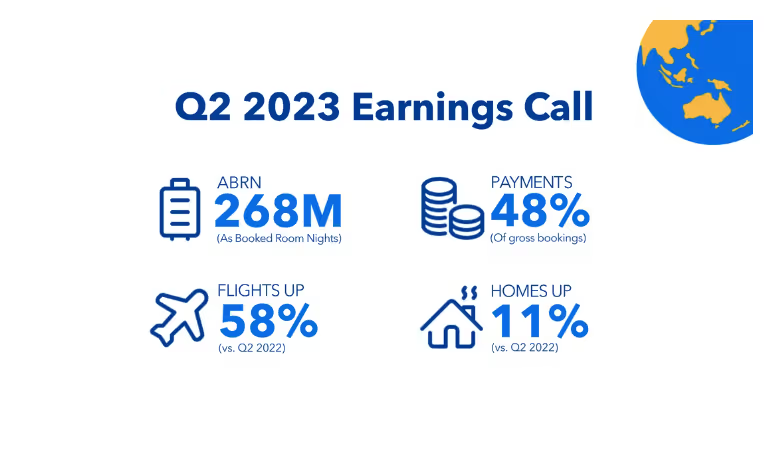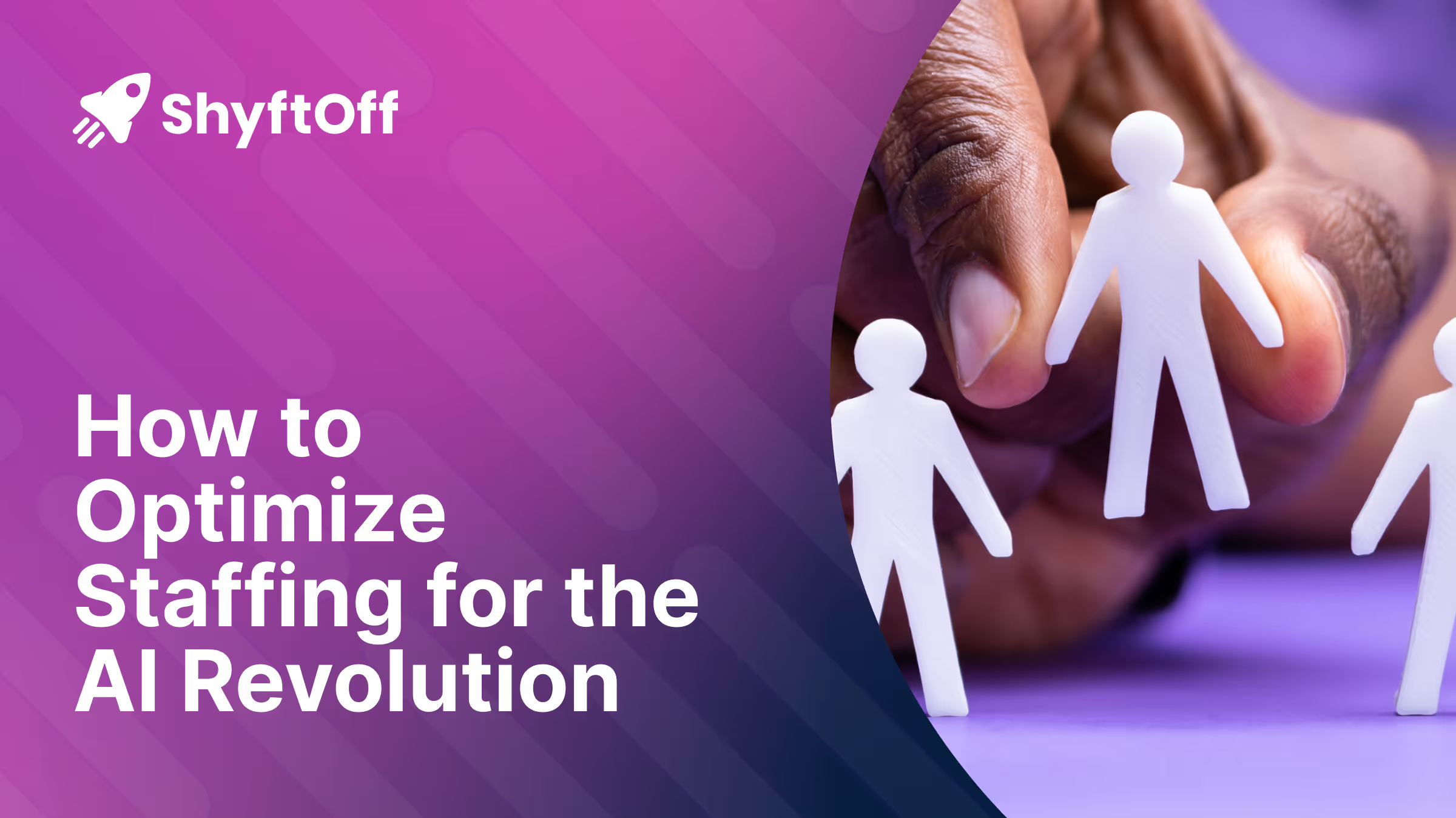Key takeaways
- AI and automation reduce pressure during peak travel seasons by handling routine inquiries at scale.
- Remote agents enable fast, cost-effective scaling while improving retention and performance.
- Strong training and cross-skilling prepare agents for complex, high-stress travel issues.
- Flexible scheduling ensures coverage during demand spikes without overstaffing in slower periods.
The travel industry is a whirlwind. This sector is at the mercy of everything from geopolitical stability to climate change to trade regulations.
Then there are the realities of fluctuating consumer demand.
Summer vacations, holiday rushes, spring break madness — each season brings a unique set of customer service needs.
How do top travel companies manage these peaks, dips and surges?
With smart, scalable contact centers.
When you optimize your contact center for seasonality, you can manage demand, adjust staffing and maintain high service levels — no matter what comes your way.
Let’s explore how contact center leaders at top travel companies like Booking.com, Airbnb and Delta Airlines master the art of seasonality — and how you can do the same.
Booking.com: AI-Powered, Flexible and Scalable CX
Booking.com has mastered the ebb and flow of tourism. This company started in the hotel business and recently branched out to provide flights, car rentals, attraction bookings and more.
This expansion exposed Booking.com to even more seasonality challenges. But the strategy has paid off: in 2023, the company recorded nearly 20% more searches globally compared to the year before. Flight bookings increased by over 50%.

Booking.com focuses on three strategies to stay ahead of the competition — and make traveling easy.
AI and Automation
In 2023, almost half of all room nights were booked on Booking.com’s mobile app — the most downloaded mobile app in the travel agency category.
The secret? Advanced chatbots. These handle 30% of all queries — with an 80% success rate — and free up human agents to handle more complex issues.
Flexible Staffing
Covid-19 hit the travel industry. Hard.
Booking.com was forced to lay off 60% of its permanent contact center workforce during the pandemic. In 2022, it was forced to cut another 2,700 permanent contact center jobs to further adapt to changing travel demand.
The company now uses a staffing model that combines permanent and temporary agents. This saves on operating costs and allows contact centers to stay flexible for seasonal peaks, dips and surges.
Remote Agents
Booking.com has always acknowledged the benefits of remote work.
The company supports its permanent remote agents with a complete set-up for their home office, including ergonomic office furniture and IT equipment.
Remote agents and flexible schedules allow Booking.com to quickly adjust to varying demand — without the cost and constraints of physical office space.
“It’s been a really busy peak period with higher volumes in June putting us under a lot of pressure. That was challenging but we managed to get on top of it with a few changes to the way we work and how we prioritize activity.” - Paul Downham, VP of Customer Service, Booking.com
Airbnb: Epic 24/7 Support with Remote, Cross-Trained Agents
With over six million listings, Airbnb is one of the most successful online travel platforms. Its unique customer service model caters to both hosts and guests.
In 2022, Airbnb grew its year-over-year revenue by a whopping 40%. Last year, guests booked 448 million stays through Airbnb. And these numbers are only expected to rise.
If you’ve ever wondered how Airbnb sustains this kind of growth, here are three important strategies to understand.
Around-the-Clock Service
With 24/7 support available in 11 languages, Airbnb ensures that help is available whenever travelers need it.
Last year, Airbnb contact centers handled over seven million customer queries. And they still managed to answer most calls within one minute and most emails within 24 hours.
Robust Training
Airbnb invests heavily in training its agents to handle a wide variety of issues, from technical problems to local regulations. Cross-training increases both agent and customer satisfaction.
Remote Agents
Similar to Booking.com, Airbnb encourages remote or hybrid work because it cuts down on expenses and allows for greater flexibility and scalability. It also keeps agents happy and engaged.
Remote work is also in line with Airbnb’s mission to let people live and work wherever they want in the world.
Delta Airlines: Friendly Skies with Flexible and Remote Agents
Delta Airlines has been around for almost 100 years. And this airline veteran is no stranger to the challenges of seasonality.
How has Delta stayed successful for almost a century?
By staying on top of recent trends and strategies in contact center optimization.
Headed into its second century of success, Delta prioritizes three key tactics to keep our skies friendly.
Cutting-Edge Technology
Delta was an early adopter of conversational Interactive Voice Response (IVR), implementing this technology all the way back in 2013. Today, the “Ask Delta” chatbot handles one in three queries. This has reduced inbound calls by 20% in Delta’s contact centers.

Agent Flexibility
Delta uses an innovative system that shifts employees between roles based on fluctuating demand. Training agents to confidently and seamlessly handle multiple duties helps the airline maintain quality service during peak times and unforeseen changes.
Remote, U.S.-Based Staff
After the September 11 attacks, Delta faced huge losses and was forced to outsource its contact centers to India. However, by 2010, Delta had returned all contact centers to the U.S. This helped the airline maintain customer trust, support quality and data security.
Delta offers remote work options for many of its contact center agents, providing flexibility and reducing overhead costs.
How ShyftOff Helps Travel Companies Handle Seasonality
Booking.com, Airbnb and Delta Airlines show us how it’s done. From advanced tech to flexible staffing, these travel giants prove that preparation, innovation and flexibility are key.
At ShyftOff, we understand that running a contact center comes with many challenges — especially in the travel industry.
That’s why we use AI to screen our database for the talent you need to manage everyday operations as well as seasonal changes. All of our agents are U.S.-based and have the skills and expertise necessary to follow and stay up-to-date on everything from weather disruptions to changing trade regulations.
We handle all the training. We also provide flexible scheduling and competitive pay. Our agents are engaged and passionate about delivering exceptional customer experiences so you can meet (and even exceed) your KPI and ROI targets.
Ready to optimize your contact center for the next travel peak?
Book a demo today to learn how ShyftOff can benefit your travel company — while saving 35% on your contact center operations.
Frequently Asked Questions
What is seasonality in the travel industry?
Seasonality refers to predictable fluctuations in customer demand driven by factors like summer vacations, holiday rushes, and spring break, which create unique peaks, dips, and surges in contact center volume.
How do top travel companies handle seasonal demand spikes?
Leading travel companies use a combination of AI-powered chatbots, flexible staffing models with permanent and temporary agents, remote workforces, and cross-trained agents to scale operations during peak periods while controlling costs.
What role does AI play in managing seasonal contact center volume?
AI-powered chatbots and conversational IVR systems handle routine inquiries automatically, freeing human agents to focus on complex issues—Delta's "Ask Delta" chatbot handles one in three queries and reduced inbound calls by 20%.
Why do travel companies use remote agents for seasonal flexibility?
Remote agents provide greater flexibility and scalability without the constraints of physical office space, allowing contact centers to quickly adjust to varying demand while reducing overhead costs and improving agent satisfaction.
How does cross-training help contact centers manage seasonality?
Training agents to handle multiple channels and topics allows them to shift between roles based on fluctuating demand, maintaining service quality during peaks and unexpected surges while reducing agent fatigue.
What is a blended staffing model for travel contact centers?
A blended staffing model combines permanent, part-time, and temporary agents to provide the flexibility needed to scale up during peak periods while managing costs during slower seasons without maintaining a large permanent team year-round.
How can travel companies reduce contact center costs during seasonal peaks?
By implementing technology like AI chatbots to handle routine queries, using flexible staffing with remote agents, and promoting self-service options, travel companies can manage seasonal demand while reducing operational expenses by up to 35%.
















%2520(1)%2520(1).avif)








.avif)


.avif)





.avif)




.avif)


.avif)




%2520(2).avif)








.avif)



